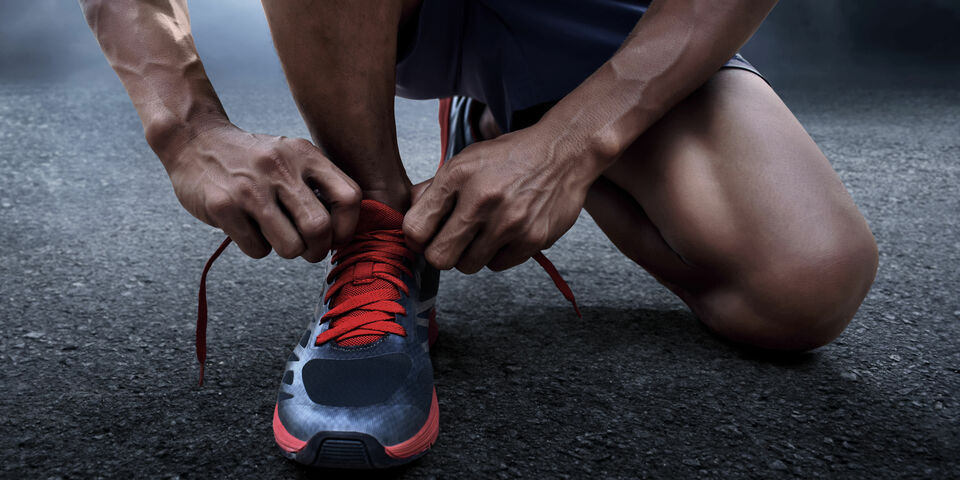Increased enthusiasm for Batavierenrace despite corona
Sporty students won’t let the corona measures drag their spirits down. This is evident from the number of registrations for the Batavierenrace, which starts on Thursday 22 April. A total of 213 teams will participate in this year’s edition of the 175 kilometers long relay race, which normally starts in Nijmegen and finishes in Enschede and needs to be completed in 48 hours. Last year, when the physical race also had to be cancelled, that number was 170. Of the 213 teams that will participate this year, 18 are from Eindhoven, one of which will take part in the university competition.
“We are proud and happy with this number of registrations,” says Laura Scharstuhl, chair of the organizing committee of the Batavierenrace. The psychology student at the University of Twente suspects that students simply feel the need to do ‘something.’ “Many students have spare time, so why not take on a sportive challenge, such as participating in ‘the Bata?’”
The fact that the race will be held digitally due to circumstances, just like last year’s edition, also made it easier for people to take part, Scharstuhl believes. “Students can download a running app like Strava and run their distance in their own surroundings and in their own tempo. The advantage to us as organizers, is that an app like that allows us to successfully keep track of everyone’s whereabouts.” A disadvantage is that it will be harder to check whether participants are cheating, now that the organizing committee can’t be on top of everything, as would have been the case under normal circumstances, the chair says. “You never know, of course, participants can decide to cover their distance on bicycle. That’s difficult to check now, but we assume that everyone will show good sportsmanship.”
First lockdown
Last year’s edition of the Batavierenrace took place digitally as well, due to the outbreak of the corona pandemic. At the time, the race was scheduled to start two weeks after the first lockdown. Scharstuhl: “Our license was revoked last year, as a result of which we had to make an all-out effort to ensure that the race could still take place digitally. This year, we had more time to prepare for a possible digital race. It became clear in the fall of 2020 that we should seriously consider the fact that it might happen again.”
And the board needed that time, because there were a significant number of corona measures to be taken into account. “When the night-time curfew was implemented, we were seriously bummed out. Normally the runners also walk throughout the night, that’s an important part of the Batavierenrace experience. With the night-time curfew, that’s obviously no longer possible. That’s why we decided that the students are allowed to start running already on Thursday afternoon at 4:30, and that fellow group members can run simultaneously.” The organizing committee also gave the runners one extra hour. “These are strange times and we are the 49th board, so we thought: let’s give the runners 49 hours to complete the race instead of 48.” This means that the runners have until 5:30 Saturday afternoon to cross the finish line. Now that it became public that the government might lift the night-time curfew on 21 April, the board will discuss whether it possibly needs to reconsider this time schedule.
No Sunday morning hangover
The psychology student from Twente is rather disappointed by the fact that the race once again turned out differently, just when she serves on the board. “Normally, the Batavierenrace is a true happening, with many spectators along the side of the road. The closing party on the campus of the University of Twente can’t take place either, naturally. As a result, I’ll miss out beforehand on the opportunity to exit my tent with a hangover on Sunday morning.”
Taking part in the race wasn’t an option for her to begin with, incidentally. “I’m a sporty type, but I have weak knees. Running the Bata myself isn’t going to work out, but it doesn’t make organizing the race any less fun.” She can’t say what the organization of next year’s event will look like. “Naturally, we hope for a physical race with many spectators, but we will also work on a further refinement of the digital race.”


Discussion